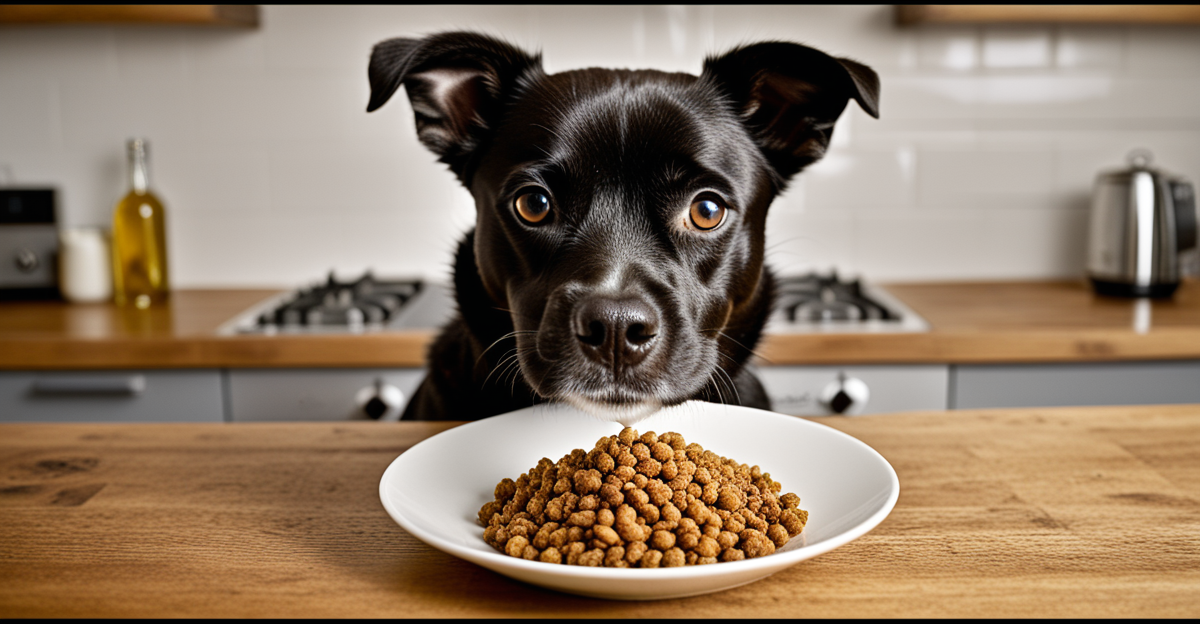Understanding Nutritional Needs of Pets in the UK
Every pet’s nutritional needs vary significantly depending on their species, age, breed, and health status. In the realm of pet nutrition UK, dogs and cats have distinct dietary requirements. For instance, cats require higher protein levels and specific amino acids like taurine, which dogs do not need in the same amounts. Moreover, puppies and kittens need calorie-dense food to support growth, whereas older pets often benefit from diets rich in joint-supporting nutrients and lower calorie content to prevent obesity.
Common nutritional deficiencies in pets can include a lack of essential fatty acids, vitamins such as A or D, and minerals like calcium or phosphorus. If unmet, these deficiencies may lead to serious health issues ranging from weakened immunity to bone problems. Avoiding them means selecting healthy pet food that is complete and balanced, ideally tailored to your pet’s specific stage and condition.
Also to discover : How Can You Ensure a Healthy Diet for Your UK Pets?
Understanding these core needs ensures pets receive the proper support for vitality and longevity. Consulting with a veterinary professional further refines this approach, guaranteeing that dietary plans align with the unique health circumstances of each animal. This knowledge empowers pet owners across the UK to make informed decisions related to pet nutrition UK and maintain their companions’ well-being.
Types of Pet Food Options Available in the UK
When considering UK pet food types, owners typically face choices among dry kibble, wet canned food, and raw pet diets UK. Each option presents unique benefits and drawbacks related to nutrition, convenience, and pet preference.
Topic to read : What are the UK’s leading pet-friendly parks?
Dry food, or kibble, is popular for its ease of storage and dental benefits, as chewing helps reduce plaque. It’s often formulated to meet comprehensive pet dietary requirements and can be an economical basis for a balanced diet. Wet food offers higher moisture content, beneficial for hydration, especially in cats prone to urinary issues. However, it may be pricier and less convenient than dry food.
Raw pet diets UK are gaining interest among owners seeking a natural feeding approach. These diets emphasize uncooked meats, organs, and bones, mimicking ancestral diets. Advocates claim improved coat condition and energy levels, but this diet requires careful preparation to avoid nutritional imbalances and bacterial contamination.
Choosing healthy pet food depends on your pet’s species, age, health, and preferences. Consider factors like ingredient transparency, nutrient completeness, and any specific sensitivities. For example, a senior dog might benefit more from wet food with joint-supportive supplements, while an active young dog could thrive on nutrient-dense dry food.
Navigating these options with knowledge of their pros and cons empowers pet owners in the UK to select diets best suited to their companions’ needs.
Evaluating UK Pet Food Brands and Regulatory Standards
Choosing safe pet food starts with understanding UK pet food brands and the regulations ensuring product quality. In the UK, pet food is governed by strict pet food regulation UK standards to protect pets from harmful ingredients or misleading claims. Brands adhere to these rules to certify their products meet nutritional adequacy and safety benchmarks.
Labels often display certifications from UK or European authorities, confirming compliance with dietary guidelines. Knowing how to read ingredient lists and claims helps owners discern between genuinely nutritious options and marketing fluff. For example, fully balanced foods must specify nutrient profiles aligned with pet dietary requirements set out by regulatory bodies.
Leading UK pet food brands invest in transparent sourcing and manufacturing processes to provide healthy pet food devoid of unnecessary fillers or contaminants. Some offer specialized lines tailored for age, breed, or medical conditions, catering to diverse nutritional needs.
Pet owners should look for certifications such as the UK pet food regulation marks or adherence to EFSA (European Food Safety Authority) guidelines, which collectively safeguard ingredient quality and manufacturing safety. This knowledge empowers consumers to select trusted brands confidently and maintain their pets’ health through properly regulated nutrition.





